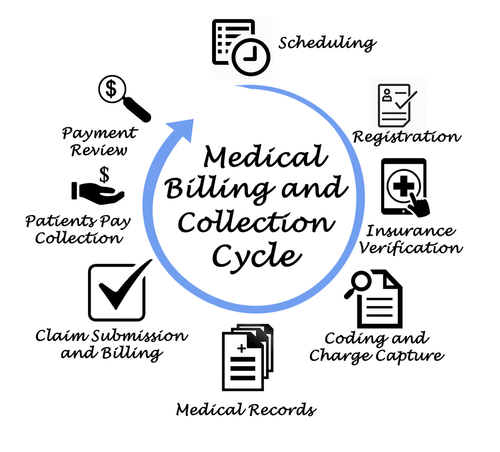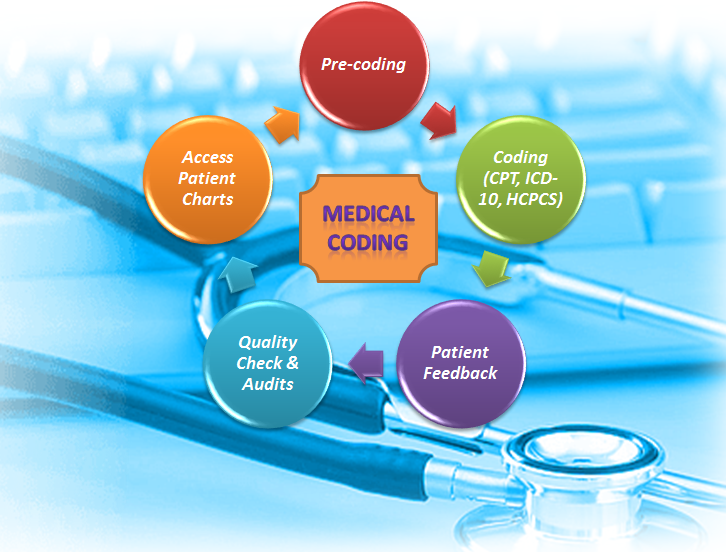Understanding the Role of a Medical Coder
Medical coding is a vital part of the healthcare system, ensuring that all medical procedures, diagnoses, and services are accurately documented using a standardized code system. This helps streamline the billing process and ensures that healthcare providers receive proper compensation from insurance companies.
What is a Medical Coder?
A medical coder is a professional who translates healthcare procedures, diagnoses, and services into universal medical alphanumeric codes. These codes are derived from a set of classification systems such as ICD-10-CM (International Classification of Diseases), CPT (Current Procedural Terminology), and HCPCS (Healthcare Common Procedure Coding System). The accuracy of these codes is crucial for billing and insurance purposes.
What Do Medical Coders Do?

- Review Medical Records: Coders analyze patient records to identify the services provided during a visit.
- Assign Codes: Using standardized classification systems, they assign specific codes to each diagnosis and procedure.
- Ensure Compliance: Coders ensure that the codes align with current regulations and payer requirements to avoid discrepancies in billing.
- Assist in Billing: After coding, the information is passed on to medical billers who use it to claim reimbursement from insurance companies.
- Support Data Analysis: By coding accurately, they also contribute to data analysis, which can be used for tracking disease trends and improving public health initiatives.
Key Qualities of a Medical Coder
- Attention to Detail: Accuracy in coding is crucial, as even minor errors can lead to billing issues and potential legal problems.
- Strong Organizational Skills: Coders manage a large volume of patient records and need to be able to track and code efficiently.
- Ethical Responsibility: Handling sensitive patient information requires a strong ethical stance to maintain confidentiality and adhere to HIPAA regulations.
- Communication Skills: Coders often need to communicate with healthcare providers to clarify documentation.
- Problem-Solving: Coders must be able to identify discrepancies in records and solve issues that arise.
Analyzing Responsibilities and Work Process

- Daily Tasks: Coders start their day by reviewing medical records for accuracy, ensuring documentation is clear and aligns with the procedures performed.
- Code Assignment: After understanding the patient’s visit details, they assign appropriate codes using current coding manuals or software.
- Compliance Checks: Coders must stay updated with coding changes and ensure that all codes comply with payer policies.
- Collaboration: Although much of their work is independent, coders collaborate with healthcare professionals to resolve documentation issues.
- Finalizing Records: Once coding is complete, the information is handed off to billing departments or systems for claim submission.
Medical coding is a dynamic and essential field in healthcare. Coders must be meticulous, ethical, and knowledgeable about the latest coding practices. With various career opportunities available, from hospital settings to remote work, medical coding offers both stability and flexibility for those interested in healthcare and data management.

Moulid